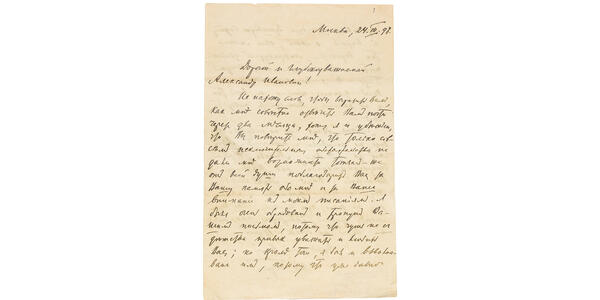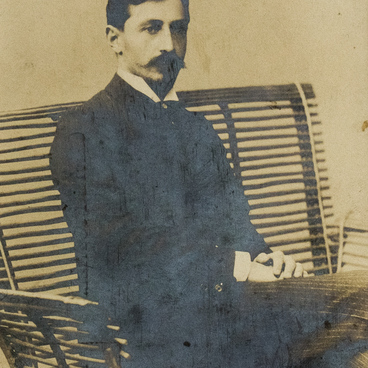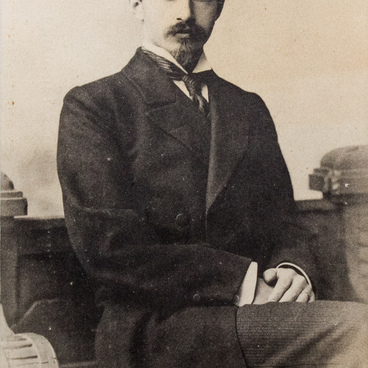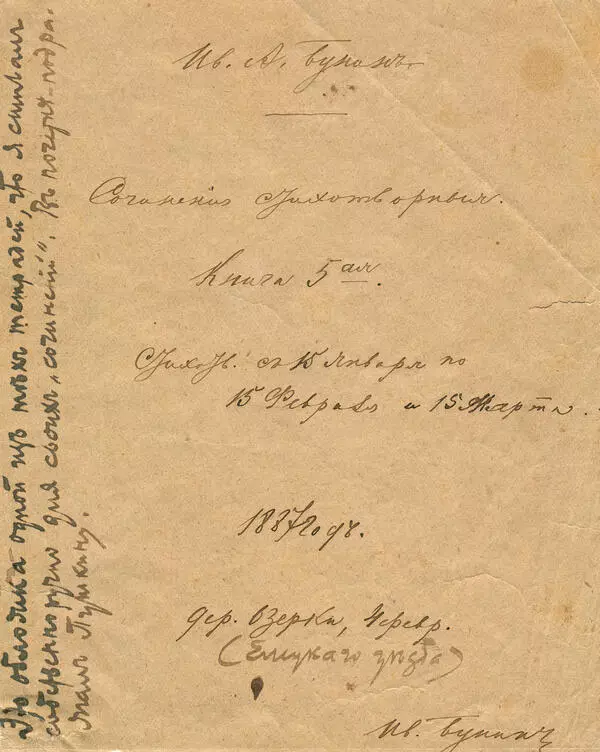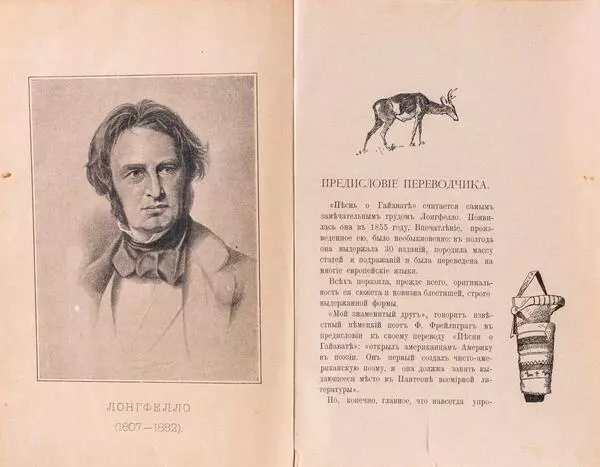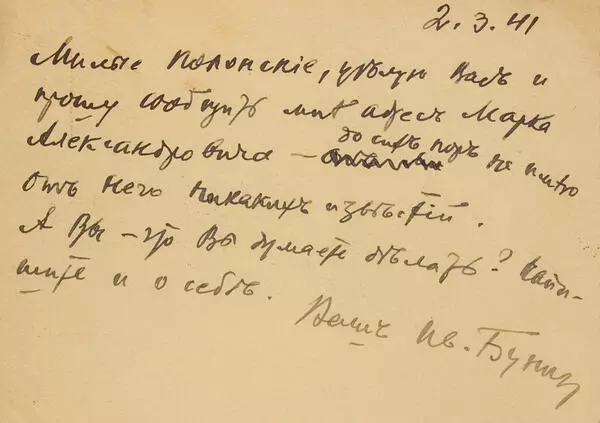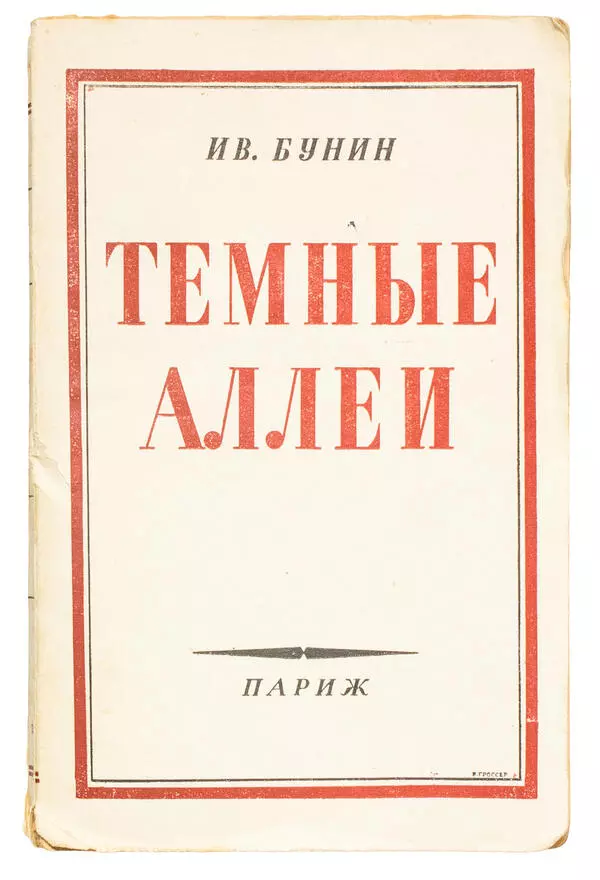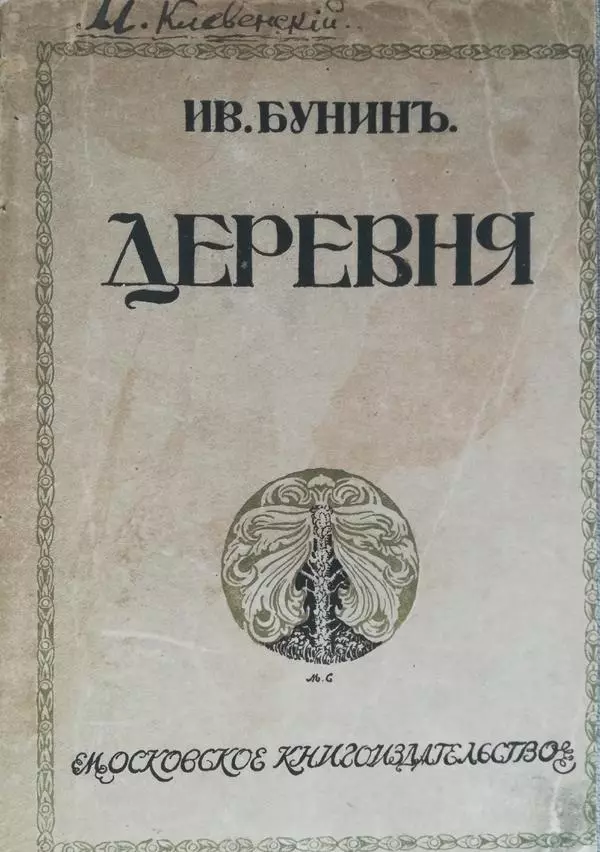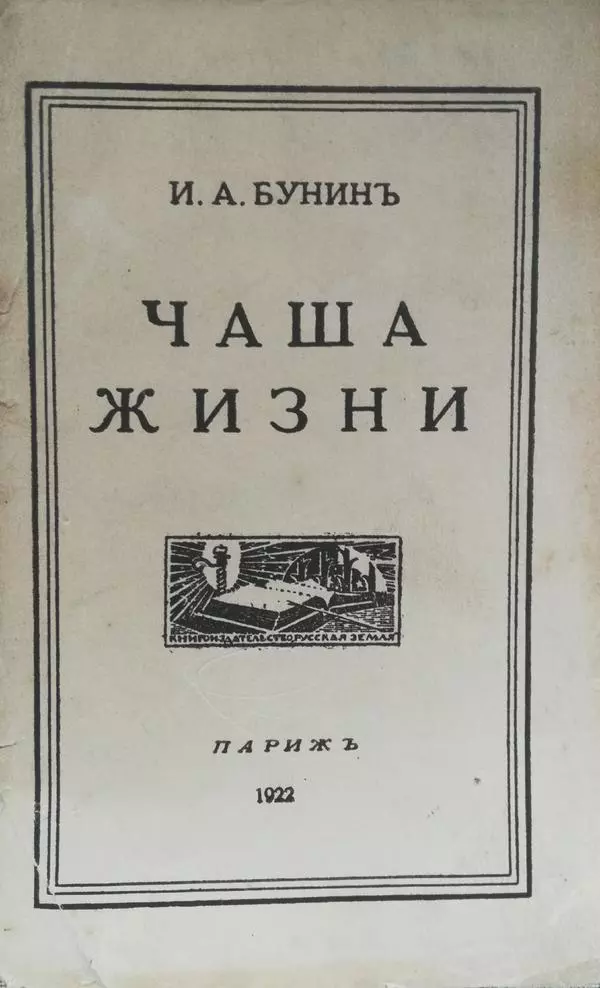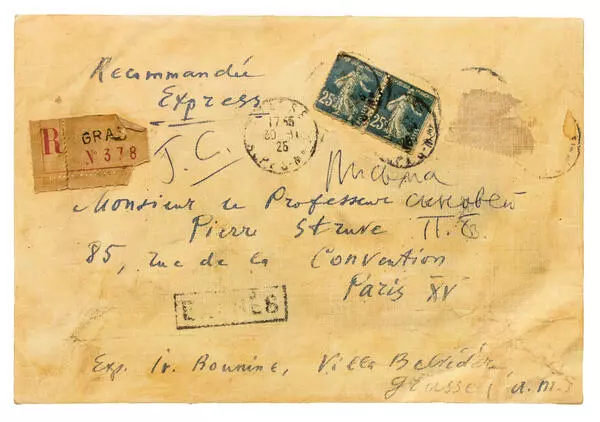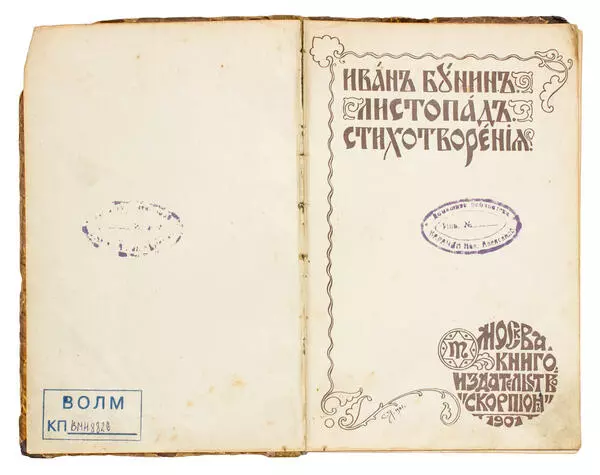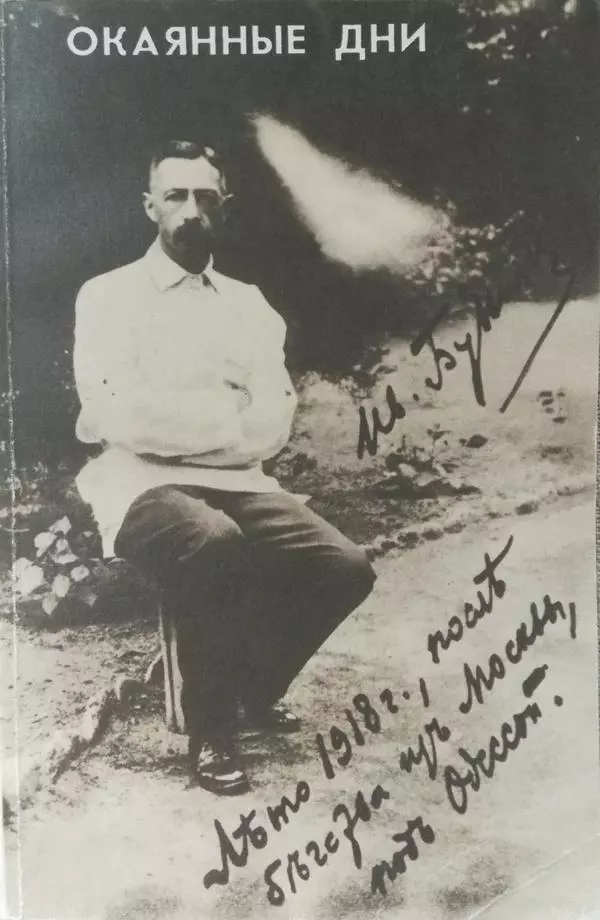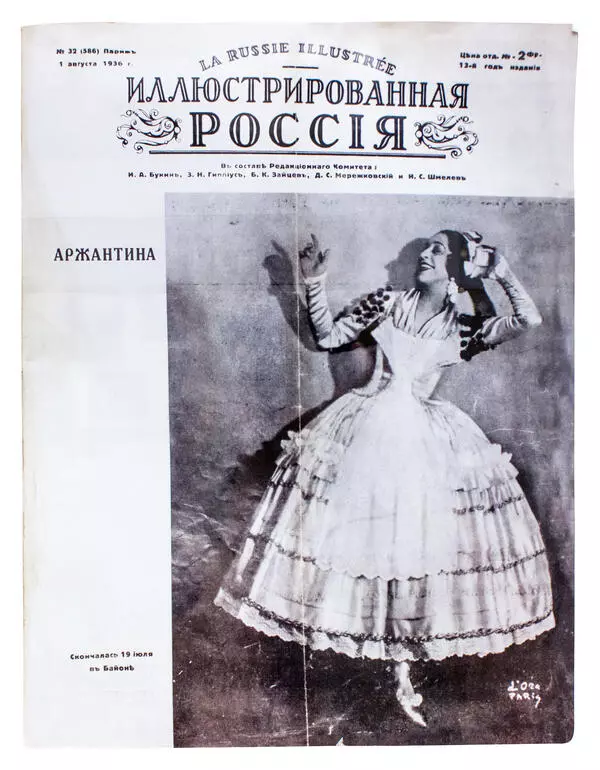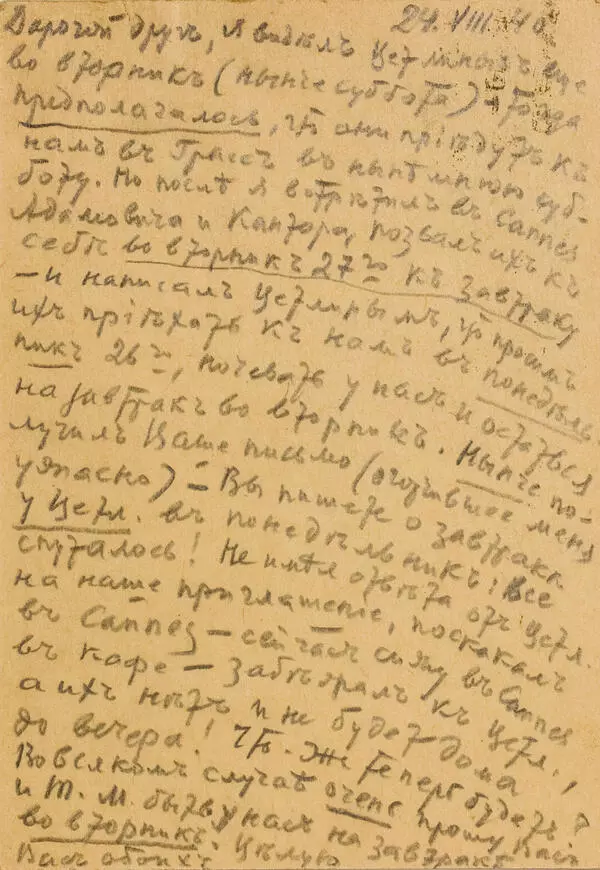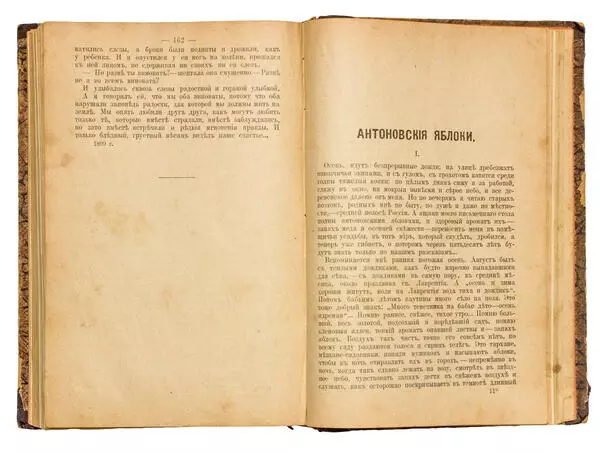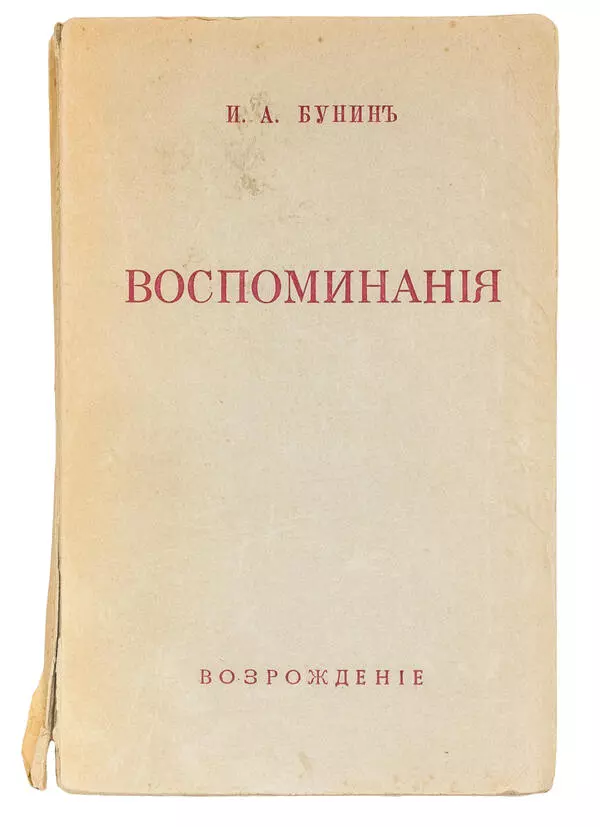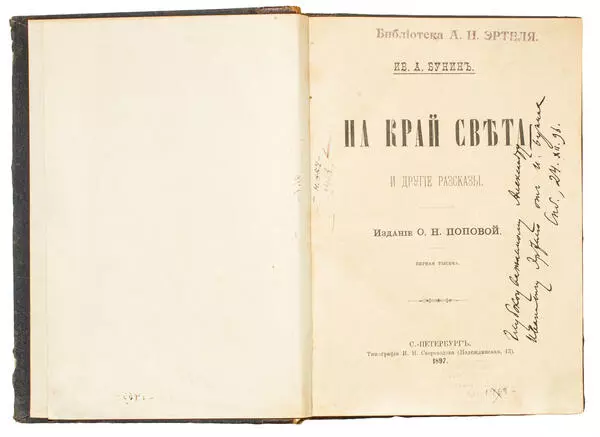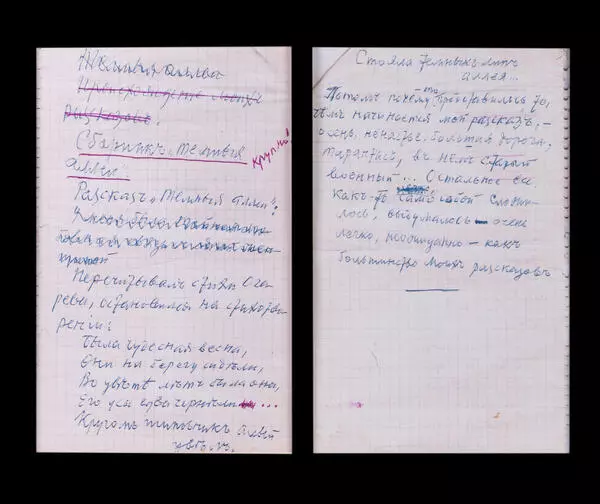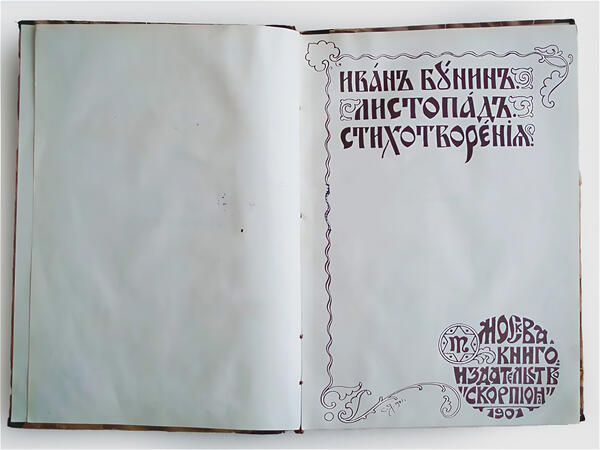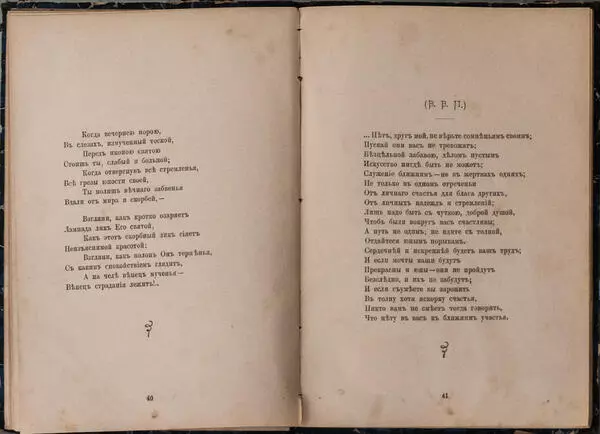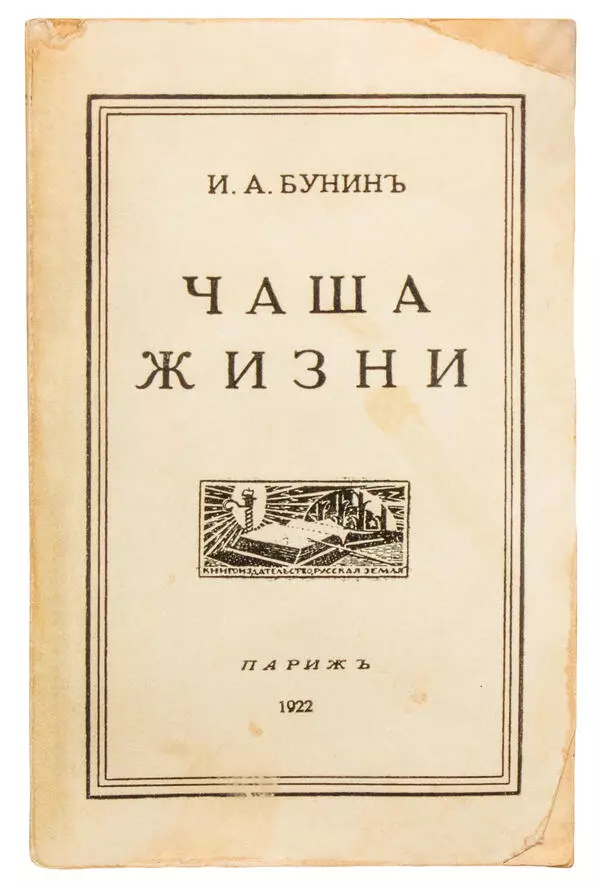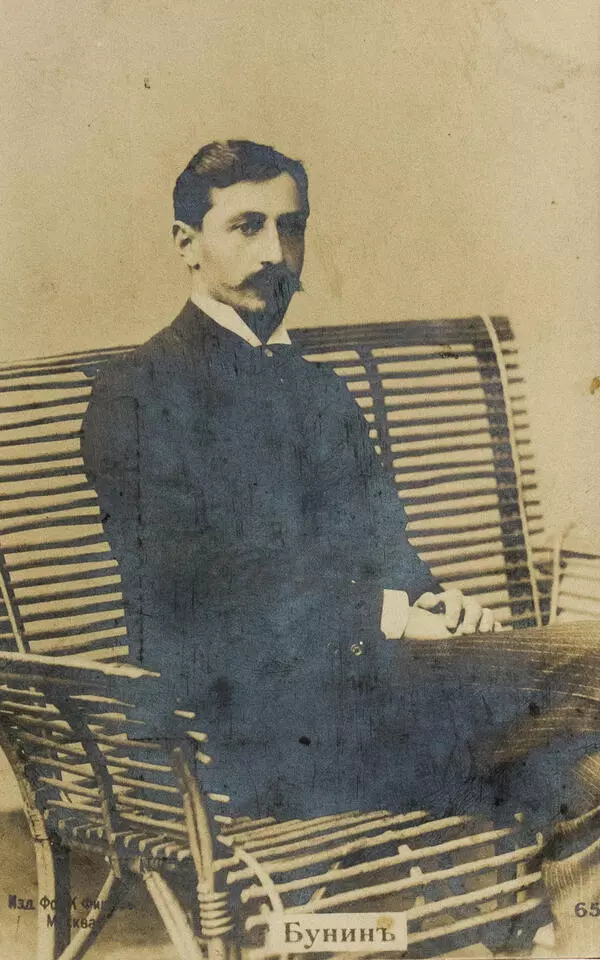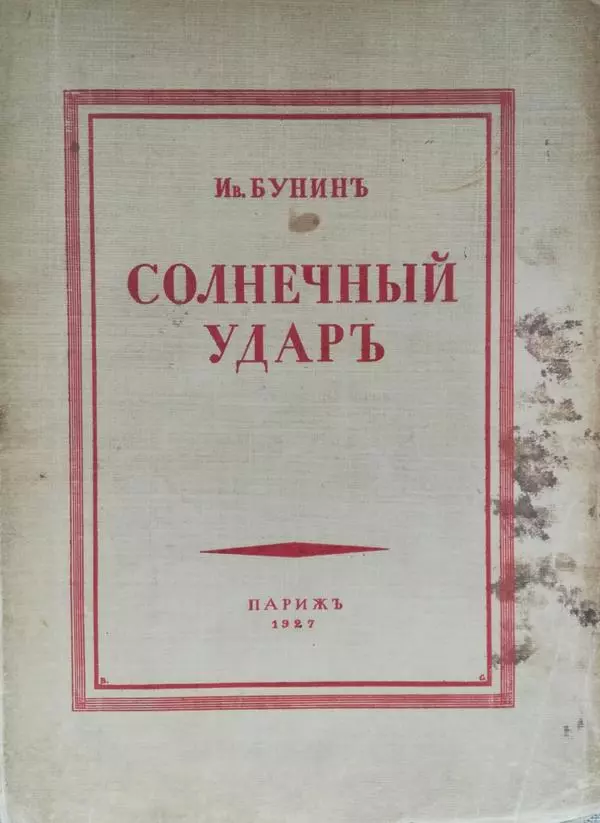The letter displayed in the museum was written by Ivan Bunin’s in response to Alexander Ertel. He wrote it with a two months delay, for which he apologized to the addressee. In the first letter, Alexander Ertel highly praised Ivan Bunin’s collection of short stories “To the Edge of the World”, especially the stories “Tarantella” and “Kastryuk”. Ivan Bunin thanked Alexander Ertel for his kind words, gave his other addresses, and asked him to continue the correspondence.
Russian writer Alexander Ertel lived from 1855 to 1908. He was born in the village of Ksizovo, Voronezh Governorate. His grandfather Ludwig Ertel came from a Berlin burgher family and fought in Napoleon’s army. He was captured near Smolensk. After a while, one of Russian officers took him to the Voronezh Governorate.
Alexander Ertel’s father was a land steward. The writer remembered him as an intelligent and rational person — he was interested in history, politics and philosophy, but was absolutely indifferent to literature, nature and “various kinds of arts”. The writer’s mother Avdotya Petrovna was, on the contrary, romantic and sensitive. She taught her son to read. However, he learned to write independently by reading books.
Already in his first works, Alexander Ertel started to depict folk life. In 1878, his first story ‘Settlers’ was published in the St. Petersburg newspaper ‘Russkoe Obozrenie’ (Russian Review). A year later, an essay ‘Letters from Usmansky Uyezd’ appeared in the second issue of the newspaper ‘Slovo’ (Word). In 1883, the author published a collection of short stories and essays ‘Notes from the Steppes’. It reflected the internal collapse of the peasant world which was happening due to new reforms. In 1861, serfdom was abolished, and all social classes had to rebuild their way of life.
At the end of the 1880s, Alexander Ertel wrote a number of works dedicated to the problems of the relationship between the intelligentsia and the people: ‘Young Lady Volkhonskaya’, ‘Mineral Waters’, ‘Two Pairs’, ‘Women’s revolt’.
The most significant in the writer’s oeuvre is the 1889 novel ‘The Gardenins, their Retainers, their Adherents, and their Foes’. After it was published, Leo Tolstoy called Alexander Ertel the greatest prose writer of that time and ‘The Gardenins’ — the best work of the Narodniks literature of the 1880s (Russian intelligentsia movement in the second half of the 19th century which advocated for agrarian socialism). Ivan Bunin also highly praised Alexander Ertel’s works and corresponded with him with great pleasure.
Russian writer Alexander Ertel lived from 1855 to 1908. He was born in the village of Ksizovo, Voronezh Governorate. His grandfather Ludwig Ertel came from a Berlin burgher family and fought in Napoleon’s army. He was captured near Smolensk. After a while, one of Russian officers took him to the Voronezh Governorate.
Alexander Ertel’s father was a land steward. The writer remembered him as an intelligent and rational person — he was interested in history, politics and philosophy, but was absolutely indifferent to literature, nature and “various kinds of arts”. The writer’s mother Avdotya Petrovna was, on the contrary, romantic and sensitive. She taught her son to read. However, he learned to write independently by reading books.
Already in his first works, Alexander Ertel started to depict folk life. In 1878, his first story ‘Settlers’ was published in the St. Petersburg newspaper ‘Russkoe Obozrenie’ (Russian Review). A year later, an essay ‘Letters from Usmansky Uyezd’ appeared in the second issue of the newspaper ‘Slovo’ (Word). In 1883, the author published a collection of short stories and essays ‘Notes from the Steppes’. It reflected the internal collapse of the peasant world which was happening due to new reforms. In 1861, serfdom was abolished, and all social classes had to rebuild their way of life.
At the end of the 1880s, Alexander Ertel wrote a number of works dedicated to the problems of the relationship between the intelligentsia and the people: ‘Young Lady Volkhonskaya’, ‘Mineral Waters’, ‘Two Pairs’, ‘Women’s revolt’.
The most significant in the writer’s oeuvre is the 1889 novel ‘The Gardenins, their Retainers, their Adherents, and their Foes’. After it was published, Leo Tolstoy called Alexander Ertel the greatest prose writer of that time and ‘The Gardenins’ — the best work of the Narodniks literature of the 1880s (Russian intelligentsia movement in the second half of the 19th century which advocated for agrarian socialism). Ivan Bunin also highly praised Alexander Ertel’s works and corresponded with him with great pleasure.
